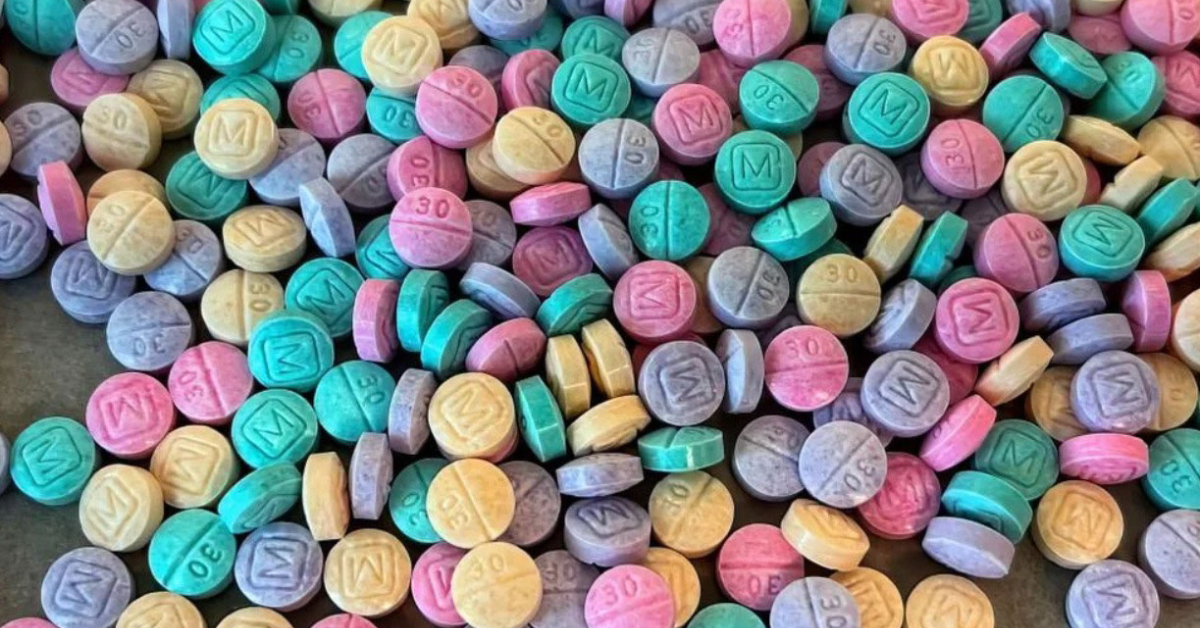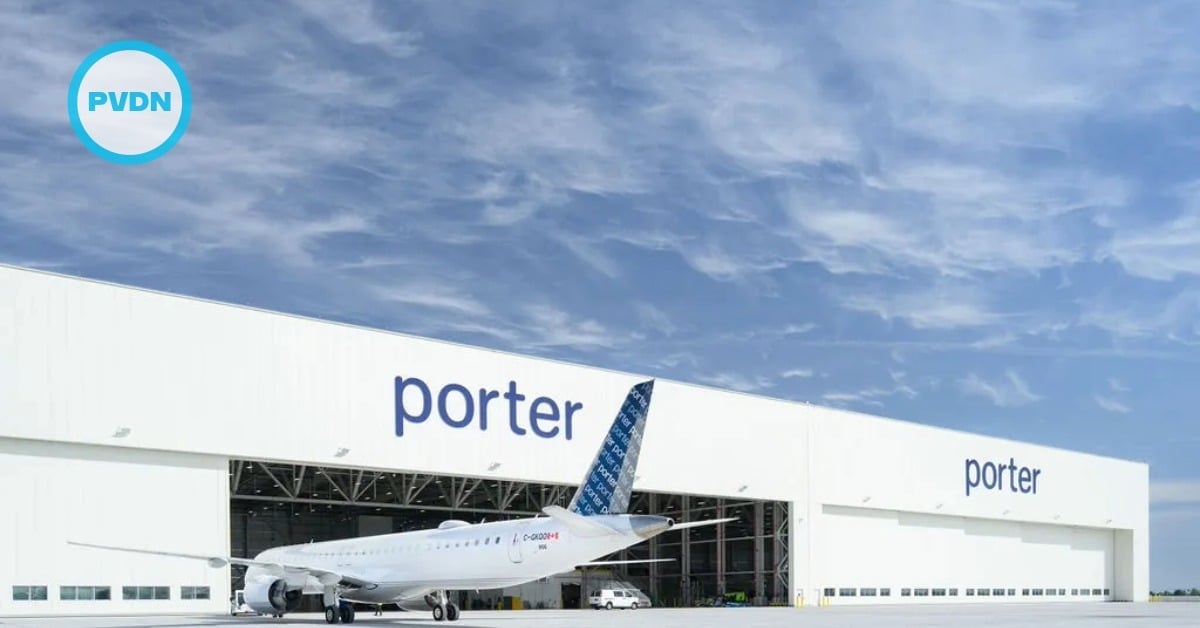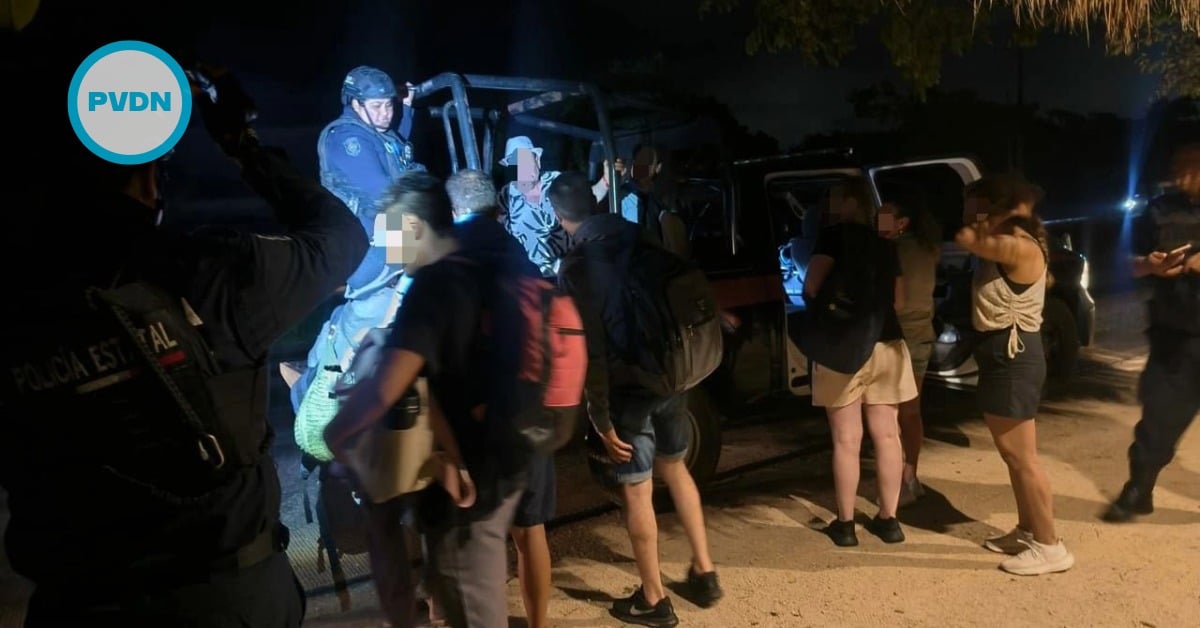Puerto Vallarta (PVDN) - US pressure on the Mexican government to combat fentanyl trafficking has led drug cartels to seek new horizons to manufacture this deadly synthetic opioid. Thus, criminal organizations have found a new country to move their production: Colombia.
On March 16 elements of the Colombian National Police carried out the arrest of a couple of subjects who were identified as members of the Sinaloa Cartel (one of the main groups responsible for the production of fentanyl in Mexico), who worked for the faction of “Los Chapitos”, led by the sons of Read Full Story







